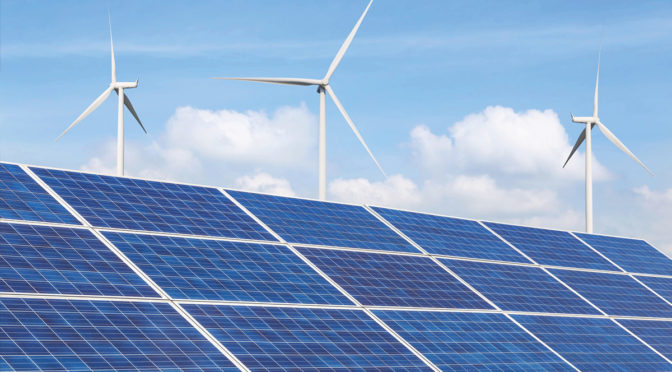Tuvalu, a small island nation in the South Pacific, is on the cusp of an energy revolution. As the world moves towards cleaner and more sustainable energy sources, this remote country is looking to technology to help transform its energy market and reduce its reliance on imported fossil fuels. The transition to renewable energy is not only an environmental imperative for Tuvalu, but also a matter of national security and economic development.
The island nation, which consists of nine inhabited islands, has a population of just over 11,000 people. Despite its small size, Tuvalu has been heavily reliant on imported diesel fuel for electricity generation, making it vulnerable to global oil price fluctuations and supply disruptions. This reliance on fossil fuels has also contributed to the country’s high electricity costs, which are among the highest in the Pacific region.
In recent years, however, there has been a growing recognition of the potential for renewable energy sources to play a significant role in Tuvalu’s energy transition. The country’s abundant sunshine and strong trade winds make it ideally suited for solar and wind power generation. Moreover, advances in technology have made renewable energy systems more affordable and efficient, making them an increasingly attractive option for small island nations like Tuvalu.
One of the key drivers of Tuvalu’s renewable energy push has been the support of international partners and donors. In 2017, the European Union and the New Zealand government announced a joint initiative to support the installation of solar power systems on the outer islands of Tuvalu. This project, known as the Tuvalu Outer Islands Energy Efficiency Project (TOIEEP), aims to reduce the country’s reliance on diesel fuel by up to 95% by 2020.
The TOIEEP is just one example of how technology is helping to transform Tuvalu’s energy market. In addition to solar power, the country is also exploring the potential of wind energy. In 2018, the government of Tuvalu signed a memorandum of understanding with a Chinese company to conduct a feasibility study on the installation of wind turbines in the country. If successful, this project could further diversify Tuvalu’s energy mix and reduce its dependence on imported fossil fuels.
Another important aspect of Tuvalu’s energy transition is the development of energy storage solutions. As renewable energy sources like solar and wind power are intermittent, it is crucial to have efficient storage systems in place to ensure a stable and reliable electricity supply. Advances in battery technology, such as the development of lithium-ion batteries, have made energy storage more feasible and cost-effective for small island nations like Tuvalu.
In addition to the environmental benefits of transitioning to renewable energy sources, there are also significant economic advantages for Tuvalu. By reducing its reliance on imported fossil fuels, the country can reduce its exposure to global oil price fluctuations and supply disruptions. Moreover, the development of a domestic renewable energy industry could create new job opportunities and stimulate economic growth.
As Tuvalu continues to explore the potential of renewable energy sources, it is clear that technology will play a crucial role in the country’s energy transition. From solar power systems to wind turbines and energy storage solutions, advances in technology are making it increasingly feasible for small island nations like Tuvalu to harness their abundant natural resources and reduce their dependence on imported fossil fuels. In doing so, they are not only contributing to global efforts to combat climate change but also taking important steps towards greater energy security and economic development.


